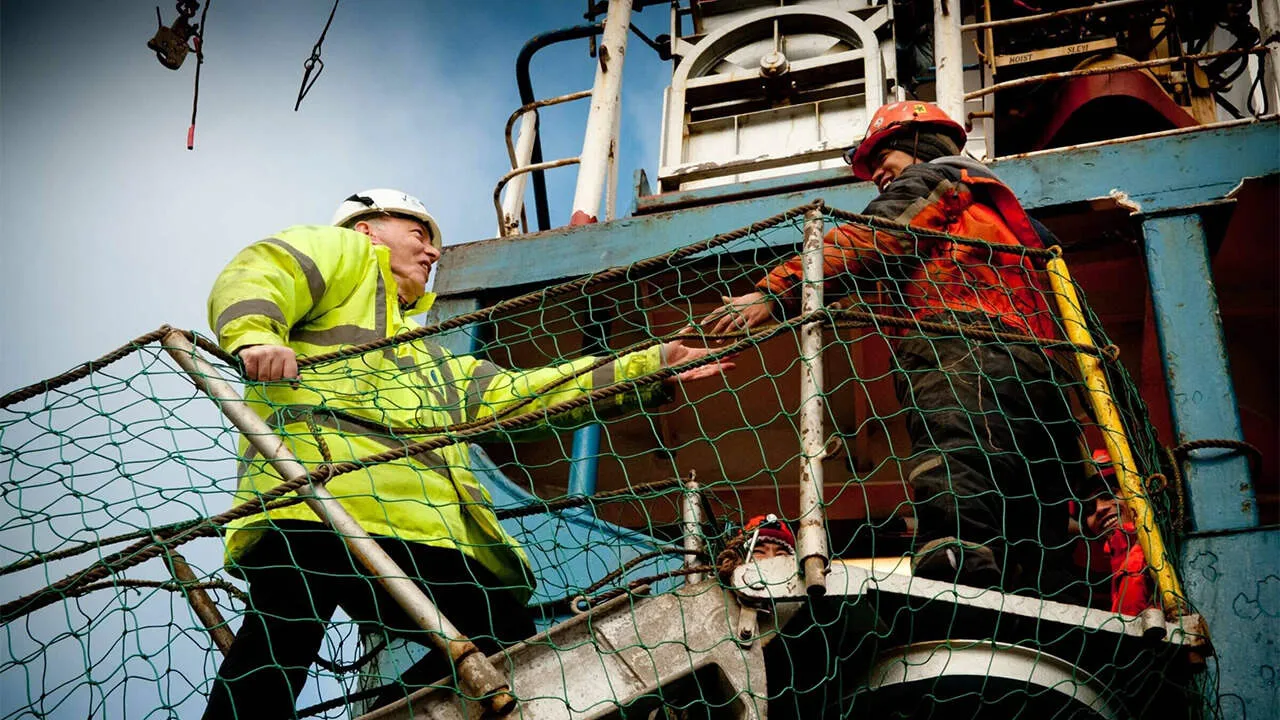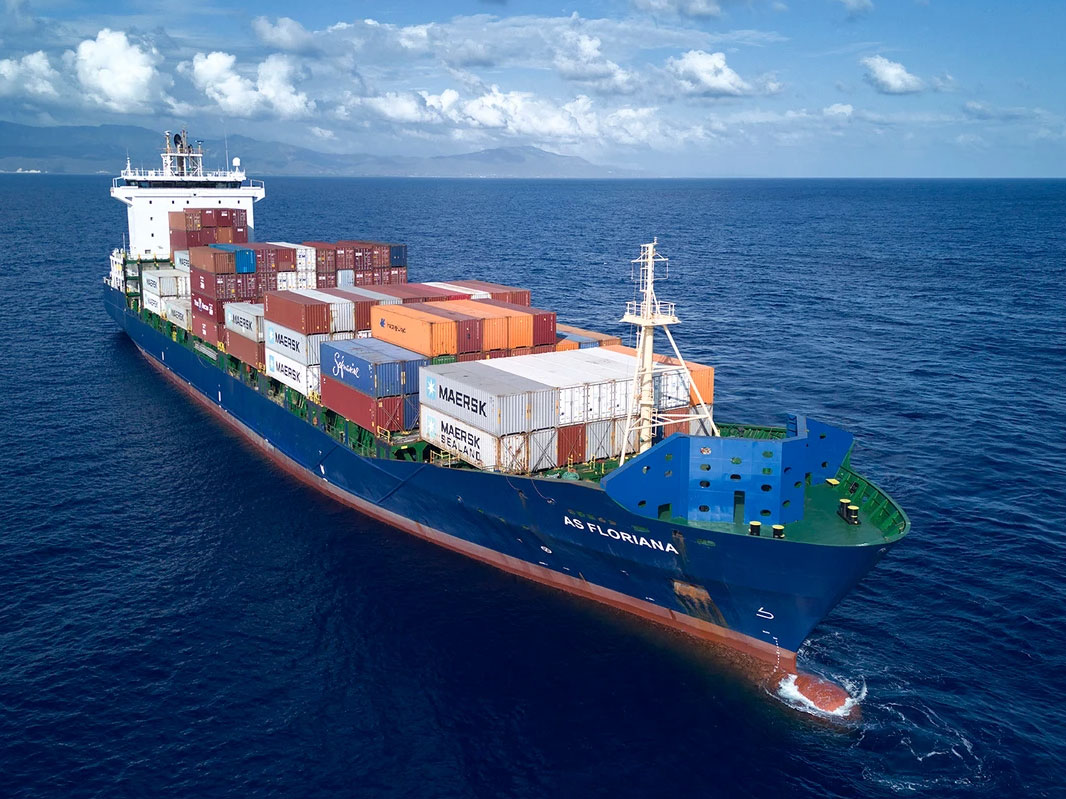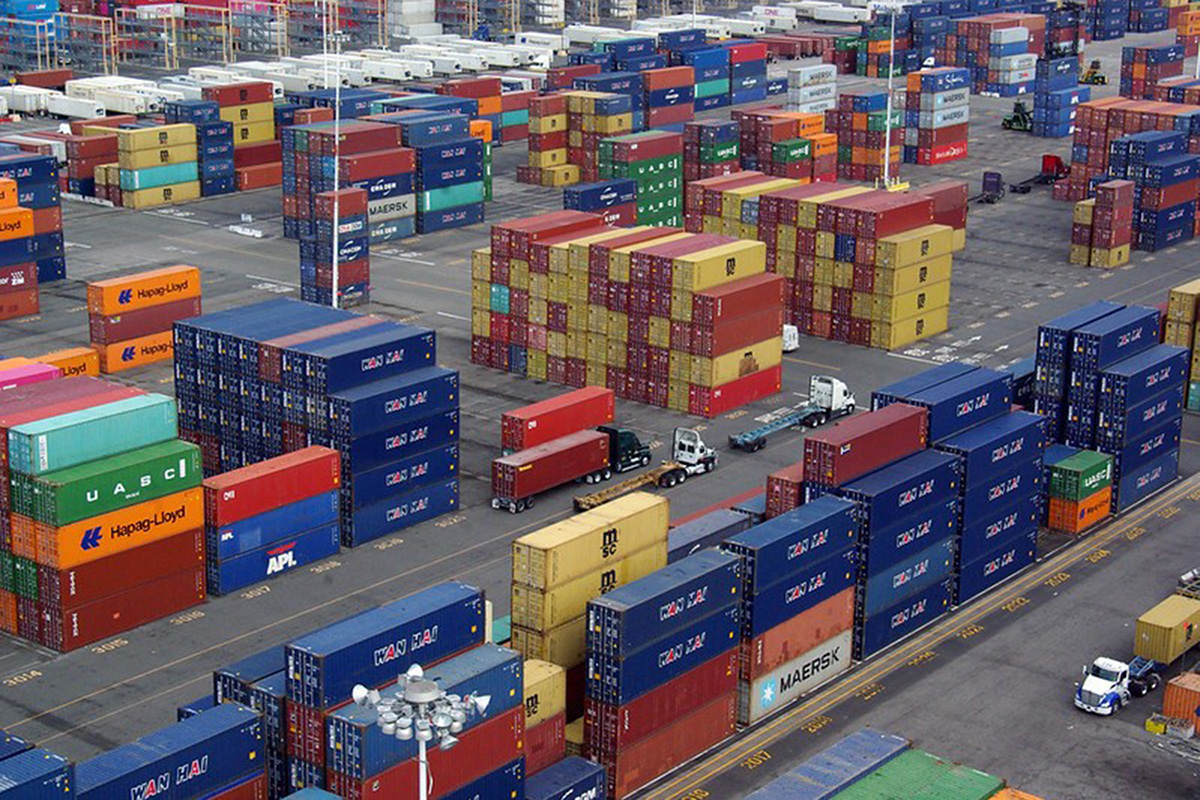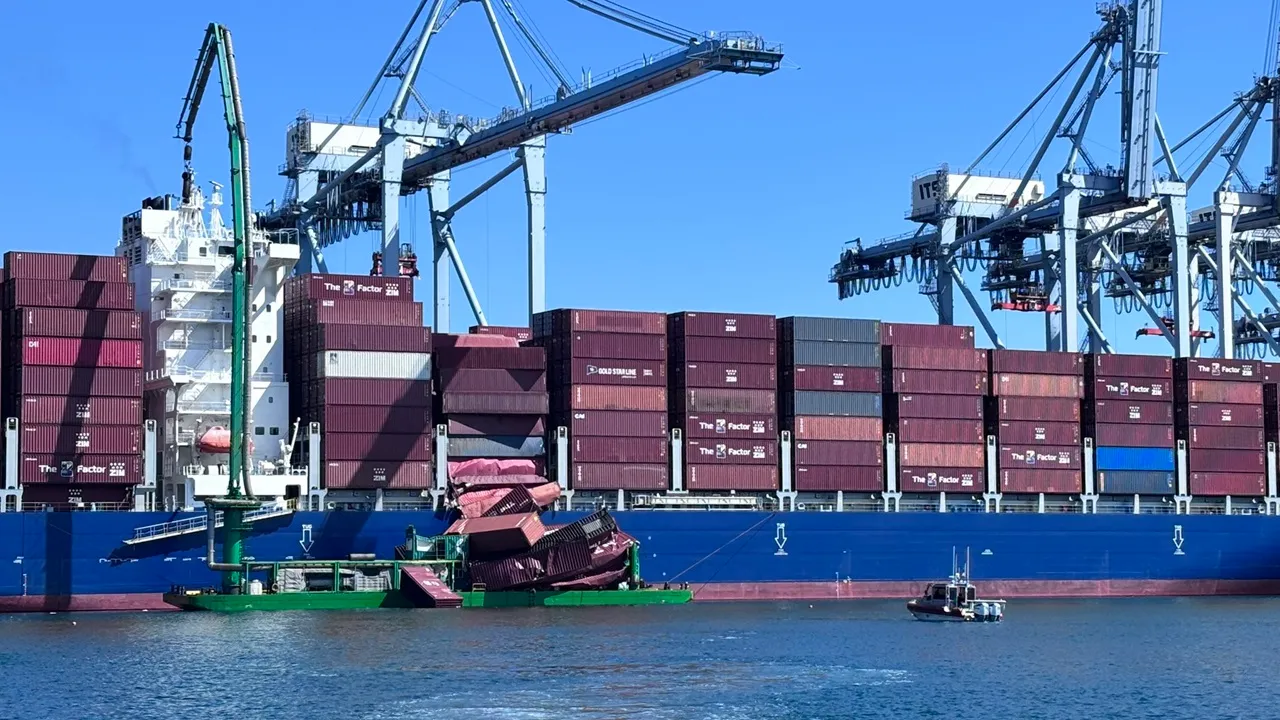Seatrade Maritime: Charities raise alarm on falling UK seafaring numbers
Maritime Charities Group forecasts 40% drop in seafaring communities over 15 years, 6% drop in seafarer numbers.
Research commissioned by the Maritime Charities group (MCG) has shown that UK seafaring communities are under threat, according to the new Seafarers 2040 report.
There are over 500,000 seafarers in the UK seafarer community today — comprising working, retired, and former seafarers, and their dependent children — a figure set to fall to around 300,000 by 2040, or as low as 131,000 in an extreme scenario, according to the MCG report.
The population of active seafarers is forecast to decrease from 35,000 to 33,000, although to as low as 23,000 in its extreme scenario.
“Taken together, the predictions about seafaring communities and active seafarers indicate potential issues in areas such as future recruitment of seafarers, preserving knowledge and lived experience in coastal communities, and ongoing food security contributions,” said the report.
The report highlighted fragmented population-level data on UK seafarers and a lack of official data on the number of former civilian seafarers in the UK as a key issue facing maritime welfare charities.
Another key issue highlighted was seafarers and their families lacking awareness of maritime charities and their roles, and a lack of knowledge on eligibility criteria to access support.
On the challenges facing UK seafarers themselves, the report noted reports of greater stress and deteriorating living standards onboard, family and partner emotional and psychological strain, and increasing loneliness and social isolation.
Related:Onelearn Global adds Chinese content with AiSailings partnership
The report recommends that charities may need to change their beneficiary eligibility criteria, adapt their services for changing operational pressures on seafarers, and in some cases “consider greater collaboration, merging with other charities, and ultimately consider if the charity still needs to continue to operate.”
Charities should also work to raise their profile and the visibility of the support available, clarifying eligibility criteria where necessary, the report said.
Tim Slingsby, chair of the MCG, commented: “Seafarers are absolutely crucial to the national interests of the UK. They make sure we all have food on our plate and fuel to heat our homes. If seafaring communities start to disappear it will get harder and harder to restore them and to attract the next generation into vital seafaring careers.
“The MCG is committed to supporting maritime charities with the challenges that our report identifies, but we need everyone from industry to policy makers to play their part in protecting the health and welfare of seafarers and their families.”
“A number of recent cases have resulted, quite rightly, in large payouts for victims with claims being paid by insurers. As marine underwriters, we must be aware of the issue and do what we can to ensure our assureds are implementing effective safeguards and strategies to eradicate all forms of sexual misconduct,” said Fernandez.
“Sadly, almost all women in maritime have experienced some form of sexual misconduct at sea, ranging from unconscious bias to full-scale assault,” said Fernandez. “Sexual misconduct in any form is completely unacceptable and must be stopped. Our workshop highlighted a number of recent cases and served to bring this appalling practice to the consciousness of the marine insurance community.”
Related:Aging fleet, fires present challenges to marine insurers
The workshop heard that many offences go unreported. Some women fear damage to their reputation, career progression, or simply believe their claims would not be taken seriously, said IUMI.
The association said that a fragmented legal landscape further complicates the issue of sexual misconduct at sea, making it more difficult to identify the correct jurisdiction to pursue justice. In some cases, the law applied depends on the flag state of the vessel. In others, jurisdiction falls to the country or location where the harm was suffered.
Related Posts




